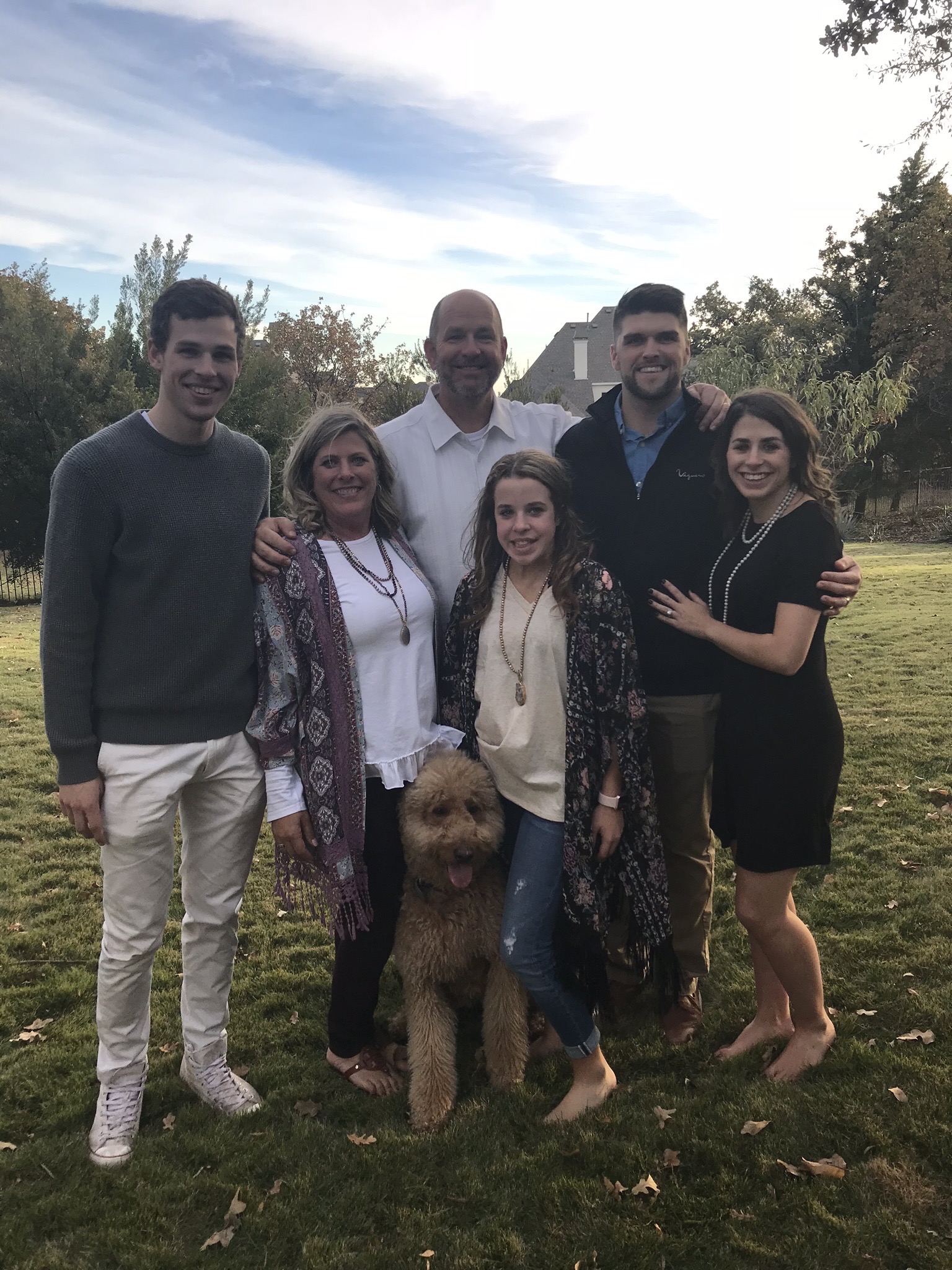“My wife Kristie and I have developed a passion around supporting young clergy,” said Wesley Millican, explaining the drivers for the endowment he and his wife established at TMF to help pastors participate in TMF’s Leadership Ministry learning communities.
As a member of the Leadership Ministry committee of TMF’s board of directors, Wesley gained a deeper understanding of the challenges pastors face, especially during this time of intense denominational, cultural, and generational shifts. His concern about those challenges was matched by an equal appreciation for how TMF is addressing them.
 “Hearing pastors’ stories was eye opening as was the impact that TMF’s peer group learning model is having in connecting them to the support, resources, and networking they need to thrive in ministry over the course of their careers,” said Wesley.
“Hearing pastors’ stories was eye opening as was the impact that TMF’s peer group learning model is having in connecting them to the support, resources, and networking they need to thrive in ministry over the course of their careers,” said Wesley.
Recognizing that seminaries cannot be expected to prepare clergy with the broad range of leadership attributes and skills required to successfully lead a church, the Millicans are grateful for organizations like TMF who understand the complexities of congregational leadership. Clergy are not only expected to shepherd their congregations in spiritual growth and disciple-making, but to demonstrate high levels of emotional intelligence, as well as know how to ask for money, how to navigate complex political scenarios, how to access and read demographic data and imagine ministries that could serve surrounding areas.
“Leadership Ministry’s peer learning groups have proven to be an effective way to cultivate the creativity, courage, and connection pastors need to empower diverse congregations to be the body of Christ,” Wesley commented.
Another motivation for the endowment stems from Wesley’s direct connection to this cause through a long-time relationship with a pastor who played a significant spiritual role in the life of his family. “Dr. Eugene Robertson was our pastor at First UMC in Euless, the church my family was a part of founding 142 years ago. He was there for us during our family’s important life transitions: he baptized me and my brothers, was involved in our weddings, was our pastor when we moved to Graham and later when we moved to Granbury where he and his wife Peggy had retired after he served as district superintendent,” Wesley recounted.
“Eugene and Peggy were such a meaningful part of our lives, always welcoming us and giving us a sense of belonging to something larger than ourselves. Our sincere hope is that our family’s endowment and the leadership ministry scholarship that is named after them, will help foster that life-giving sense of community for pastors that he and Peggy so generously bestowed on my family and so many others.”
“Our endowment isn’t big, but it can have a big impact,” observed Wesley. “We hope to make distributions to finance the peer-group participation for at least one clergy person per year. When you consider the radiating goodness that extends from that clergyperson’s life to his or her congregation and then to the lives that the church’s ministries reach, that’s a powerful investment. It doesn’t take a multimillion dollar gift to have a far-reaching impact.”
As comparatively young donors, Kristie and Wesley want to proactively set an example for others in their generation to begin “giving before they give out,” as Wesley laughingly described. Knowing their generation will be expected to carry more of the church’s fund-raising burden, they understand that encouraging earlier patterns of giving can help determine how their generation’s philanthropy can strategically influence the ability of the church to fulfill its mission.
According to the Millicans, in the final analysis, “the intent is more important than the gift. Our faith and involvement in the church has been key to the success and well-being of our family,” said Wesley. “This is the grace of God. As you have received, so you are able to give. And trust that God will do good with it.”
